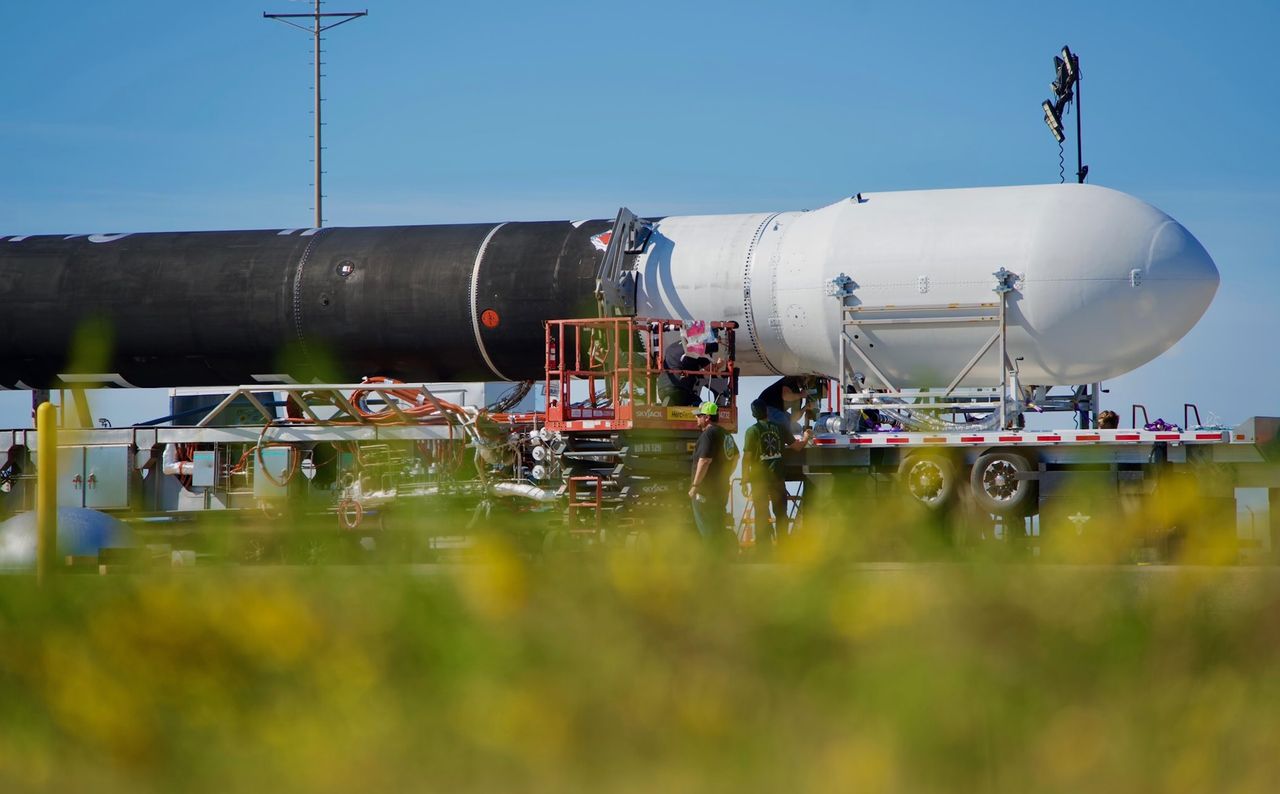Opening a daylong conference of environment ministers from all state governments, Manmohan Singh said: “Climate change is threatening our ecosystems, water scarcity is becoming a way of life and pollution is endangering our health.”
“We have to make fundamental choices about our lifestyles,” the prime minister said, assuring his audience that the “challenges are not insurmountable”.
Describing climate change as a “major global challenge”, he said India was conscious of its “responsibility to present and future generations” and would ensure the “ecological sustainability of its development path”.
Manmohan Singh sought the cooperation of all state governments to implement the eight missions that the centre has outlined under the National Action Plan on Climate Change. He asked the assembled ministers to have state level action plans in concordance with the national plan.
The prime minister also called upon state governments to modernise their forest departments and to fill up vacant posts, pointing out that many states would now get huge funding for compensatory afforestation projects, as the Supreme Court has recently unfrozen over Rs.9,000 crore meant for this. The money was lying in escrow accounts for over seven years.
Welcoming the prime minister, Minister of State for Environment and Forests Jairam Ramesh said the first tranche of these funds, Rs.400 crore, had been transferred to 10 states Tuesday morning, and Rs.1,000 crore would be transferred “in the next few days”.
Manmohan Singh underlined the “need to ensure that local communities benefit from forest conservation. Tribals have guarded our forests for centuries. Their wisdom and experience should be utilised for conservation rather than turning them into environmental refugees”.
He said the Tribal Rights Act was the best way to guarantee these rights.
The prime minister expressed concern that rivers all over India were still being degraded. He referred to the increased allocation in this year’s national budget to clean rivers, and asked state pollution control boards to curtail release of industrial effluents into waterways, “which account for 25 percent of total pollution in rivers”.
Manmohan Singh felt that India’s mandatory environmental clearance rules had led to a “licence raj” and had become “a source of corruption”. But he expressed confidence that the National Green Tribunal bill would change this by setting up an independent regulator. The bill was introduced in parliament during the last session.
“India’s energy needs will increase sharply,” the prime minister pointed out. “We have to ensure we meet this demand in an environment-friendly way.” He sought more investments in green technologies and a boost to research and development in this field.
“Environmental degradation threatens our economic security and our well-being,” Manmohan Singh warned the assembled ministers.
While welcoming the prime minister, Ramesh appealed for more money for river and lake conservation and to set up joint effluent treatment plants in industrial estates.
The minister referred to an anomaly in the rules, due to which states had to transfer the water cess they collected to the centre, which then sent 80 percent of the amount back to the states. It would make more sense for the state to simply send 20 percent of cess to the centre, he pointed out.
Ramesh also sought “special bonuses” for states that maintained their green cover, and wanted this institutionalised through the Finance Commission or the Planning Commission. New Delhi, Aug 18 The “multiple environmental crises that confront our country have created an alarming situation”, Prime Minister Manmohan Singh said here Tuesday, while asking state governments to curtail pollution, clean rivers and fight climate change.
Opening a daylong conference of environment ministers from all state governments, Manmohan Singh said: “Climate change is threatening our ecosystems, water scarcity is becoming a way of life and pollution is endangering our health.”
“We have to make fundamental choices about our lifestyles,” the prime minister said, assuring his audience that the “challenges are not insurmountable”.
Describing climate change as a “major global challenge”, he said India was conscious of its “responsibility to present and future generations” and would ensure the “ecological sustainability of its development path”.
Manmohan Singh sought the cooperation of all state governments to implement the eight missions that the centre has outlined under the National Action Plan on Climate Change. He asked the assembled ministers to have state level action plans in concordance with the national plan.
The prime minister also called upon state governments to modernise their forest departments and to fill up vacant posts, pointing out that many states would now get huge funding for compensatory afforestation projects, as the Supreme Court has recently unfrozen over Rs.9,000 crore meant for this. The money was lying in escrow accounts for over seven years.
Welcoming the prime minister, Minister of State for Environment and Forests Jairam Ramesh said the first tranche of these funds, Rs.400 crore, had been transferred to 10 states Tuesday morning, and Rs.1,000 crore would be transferred “in the next few days”.
Manmohan Singh underlined the “need to ensure that local communities benefit from forest conservation. Tribals have guarded our forests for centuries. Their wisdom and experience should be utilised for conservation rather than turning them into environmental refugees”.
He said the Tribal Rights Act was the best way to guarantee these rights.
The prime minister expressed concern that rivers all over India were still being degraded. He referred to the increased allocation in this year’s national budget to clean rivers, and asked state pollution control boards to curtail release of industrial effluents into waterways, “which account for 25 percent of total pollution in rivers”.
Manmohan Singh felt that India’s mandatory environmental clearance rules had led to a “licence raj” and had become “a source of corruption”. But he expressed confidence that the National Green Tribunal bill would change this by setting up an independent regulator. The bill was introduced in parliament during the last session.
“India’s energy needs will increase sharply,” the prime minister pointed out. “We have to ensure we meet this demand in an environment-friendly way.” He sought more investments in green technologies and a boost to research and development in this field.
“Environmental degradation threatens our economic security and our well-being,” Manmohan Singh warned the assembled ministers.
While welcoming the prime minister, Ramesh appealed for more money for river and lake conservation and to set up joint effluent treatment plants in industrial estates.
The minister referred to an anomaly in the rules, due to which states had to transfer the water cess they collected to the centre, which then sent 80 percent of the amount back to the states. It would make more sense for the state to simply send 20 percent of cess to the centre, he pointed out.
Ramesh also sought “special bonuses” for states that maintained their green cover, and wanted this institutionalised through the Finance Commission or the Planning Commission.









































.jpg)


























































